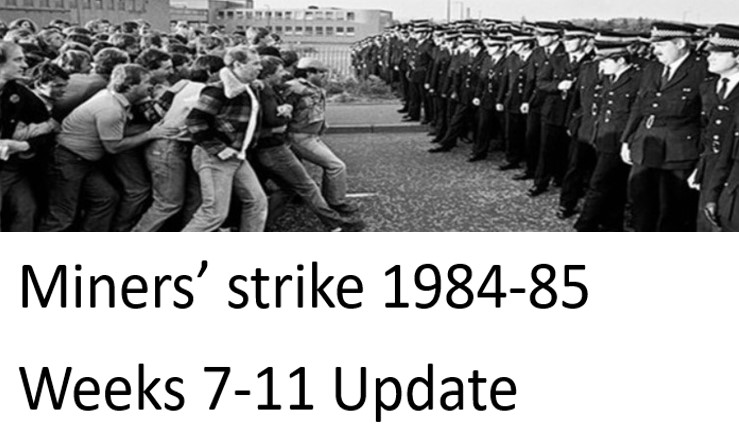After scraping home in the by-election in Uxbridge, Rishi Sunak thinks he is onto a good thing pretending to be the ‘friend of the motorist’. But like an old car, it will backfire, and it won’t save him from losing the next general election.
With the steepest fall in living standards for generations, with inflation still higher than it is for any similar country, it is not surprising that the Tories are desperately looking around and grasping for straws. Goaded by Tory rags like the Mail and the Express, Sunak is gambling on ‘culture wars’ against ‘woke’ policies, by which these papers mean any ideas even marginally to the left of the billionaire press.
It is clear from polls, and, despite Uxbridge, from the recent by-elections, that the Tories are in for a hammering at the next general election. The latest poll of polls from Electoral Calculus estimates that the Tories will suffer one of their biggest defeats in a century. Using advanced modelling techniques, they give Labour a 99% probability of being the largest party and, on current trends, a likely landslide majority.
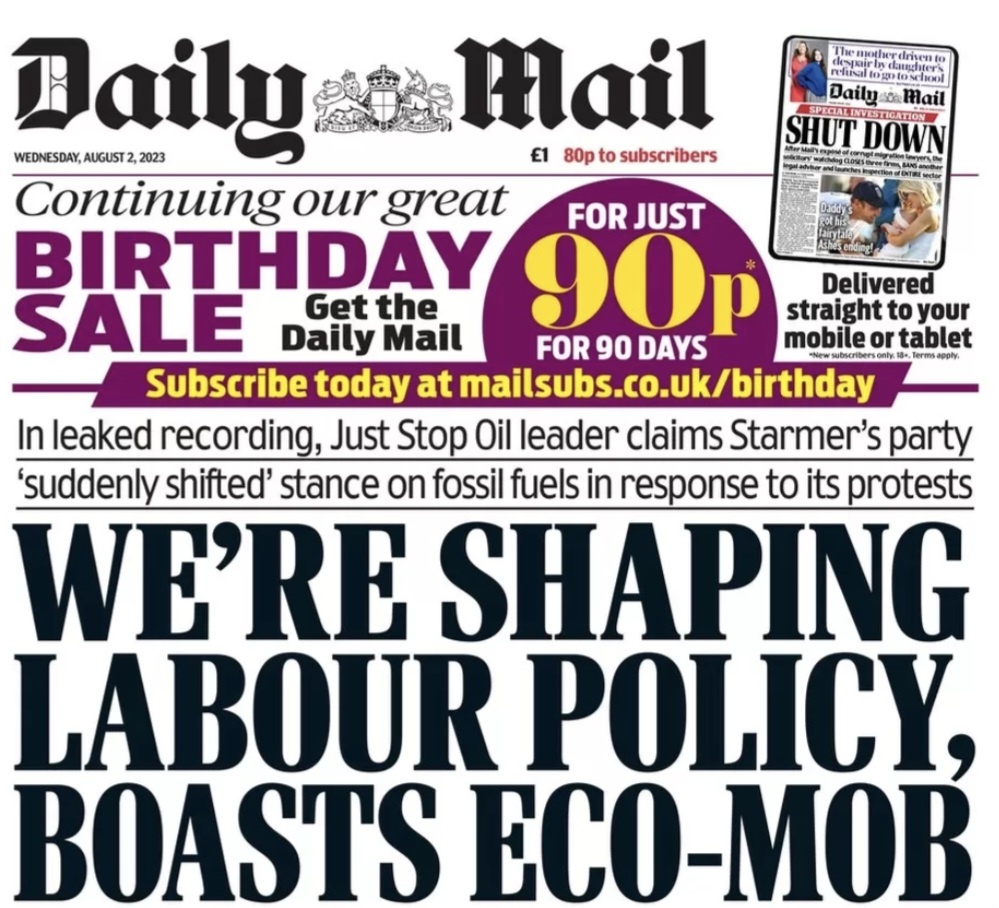
Bank rate raised for fourteenth time in a row
Against this grim scenario the Tories have everything to fear and nothing to offer. Yesterday’s news out of the Bank of England – raising base rates for the fourteenth time in a row – will only add to their woes. The higher rate, now at 5.25%, and the highest since April 2008, will have an enduring impact on young families in particular.
It is not only those who are buying homes who will suffer directly by the higher demands on their mortgages, but renters as well, as higher loans translate into increased rents. The biggest items in the budget of working class families – housing, food and energy – all have inflation rates higher than the ‘official’ rate. Food inflation, for example, is still officially at 17% and “may” fall to 10% by the end of this year.
The narrative propagated by the Tories and the majority of the press, that wages rises cause inflation, is a myth, and with only a few exceptions the big majority of workers have experienced a fall in living standards, year on year, for over a decade. The few extra pounds they will get in their wages as a result of recent strikes will be more than offset in the coming months, in additional housing costs alone.
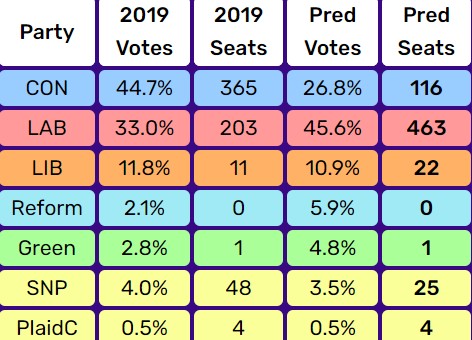
While Rishi Sunak desperately looks around for something – anything – to polish his image, the one persistent and unchanging policy of his government is to make working class families pay for the crisis of British capitalism. Their entire economic strategy is based on a massive transfer of wealth from the poor to the rich, from the have-nots to the already-haves.
A hundred new oil and gas exploration licenses
It is in this desperate context that Sunak has decided to double down on his anti-green policies. The Tories have never been a policy in favour of zero carbon or a genuine environmental strategy, except in words. But even the words have now gone up in smoke as Sunak announced over a hundred new oil and gas exploration licenses in the North Sea.
This decision has nothing to do with so-called ‘energy security’ . What oil and gas is produced will not be at the disposal of the British government, but will belong to a handful of superwealthy corporations, to be sold internationally at world market prices.
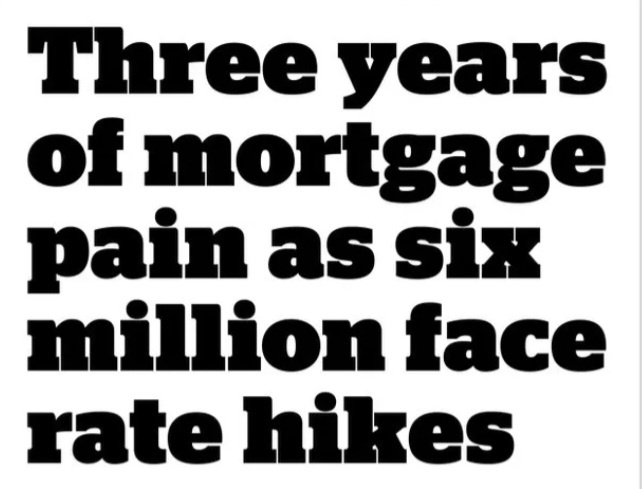
The new licences, not to mention his support for ‘drivers’ has probably a lot more to do with Sunak’s wife’s family business signing a huge deal with BP, worth £1.5bn, two months ago.
The question is, will the Tories abandonment of even the pretence of ‘green’ policies make a difference to the outcome of the next election? The answer is, probably not.
London Ulez has already benefited in terms of air quality
Opinion polls show that low emission zones, where they impact on the living standards of local people, are unpopular. It was for that reason that Andy Burnham, Mayor of Greater Manchester, postponed the introduction of a low emission zone.
Uxbridge was lost partly because of the Ulez, but even then, would Uxbridge have gone Tory if the by-election had been held two months earlier when thousands of students at Brunel University were still on campus? But polls by YouGov, seem to show that low emissions zones are not popular, with only London being an exception, with as many in favour as there are against.
But the issue of the popularity of low emissions zones is not about emissions per se, so much as the economic hardship that comes with it. No-one in their right mind would argue against cleaner air in the inner cities and the health benefits of the London low emissions zone have been proven.
A report from scientists, including from Imperial College, London, showed that since the London Ulez expanded nearly two years ago, harmful pollution has been reduced by 26% within the expanded area and nearly half in inner London. “Each day” the report says, “74,000 fewer polluting vehicles are seen driving in the zone, a cut of 60 per cent since expansion…over four million people now breathe cleaner air, including children in 1,362 schools”.
What socialists have to face up to is that it is necessary to advance ‘green’ policies for cities that are not introduced at the expense of workers’ living standards. Low emissions zones and car restrictions have to be accompanied by an effective and free system of public transport, to entice people out of their cars, and where cars and vans are essential, a meaningful and affordable scrappage scheme that allows essential car and van users to be able to afford to change.
Anyone under 50 seems to be “woke” on the environment
One poll after another shows growing concern about climate change. That is especially true for younger voters. The Tories will not in a month of Sundays win over young voters with their policies.
YouGov, specifically asking on environmental policy, asked a number of questions on environmental policy. On “encouraging greater environmental action from big businesses”, only 7% of 16-24-year olds thought the government were doing well. Among 25-49-year olds it was only 10%. In both age groups, more than half thought they were doing badly.
Asked about “improving air quality”, 11-12% of both age groups thought the government were doing well, and again well over half though badly.
Perhaps the key question, “generally speaking, do you think the government is dong and spending too much on environmental issues, not doing or spending enough, or getting the balance right” says it all. Among 18-24 year olds, only 6% thought they were doing “too much” and 63% thought “not enough”. Among 25-49 year olds, only 8% thought they did too much and 55% “not enough”.
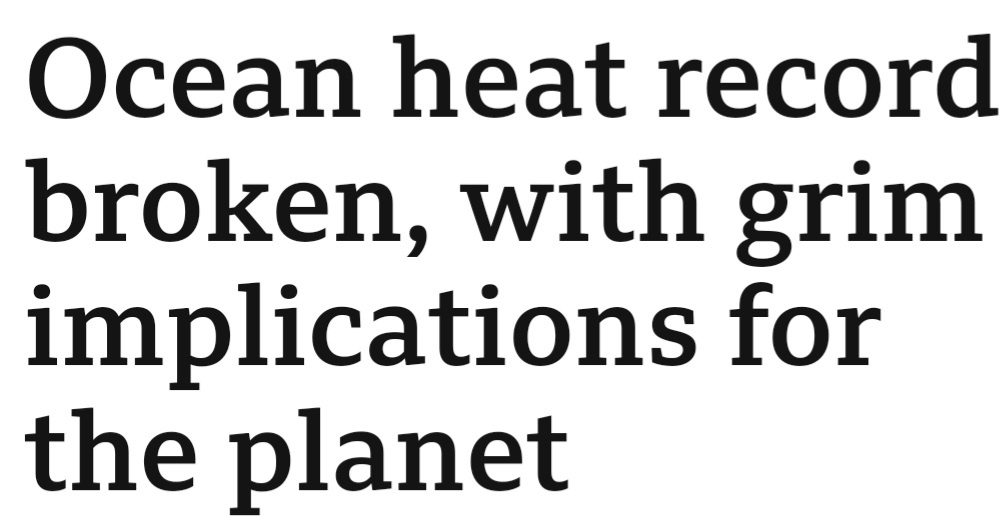
This poll, conducted in the last few days of June is a crushing refuation that the so-called “woke” issue of the environment is not popular. Rishi Sunak’s chase after the ‘motorists’ vote’ will come to nothing.
It is worth making the point, too, that if Keir Starmer rushes after Sunak, as he seems to have done with all Labour’s policies, he will only risk alienating voters. The vacillation of the Labour candidate in Uxbridge on the issue of Ulez was at least partly responsible for a sizeable Green Party vote in that by-election, large enough to wipe out what ought to have been a Labour majority. Starmer and his team have diluted or abandoned any policy commitments that are even slightly ‘reforming’, and that will only risk doing on a larger scale what the candidate did in West London.
Climate change is not a minor or a secondary political issue. We face a climate emergency and it demands that emergency policies are put into effect. It is entirely possible to devise policies that mitigate climate change, while at the same time protect the living standards of working class people. But that presupposes a programme and a policy that aims to take head-on the vested interests of big business and capitalism and transform society in a socialist direction.


